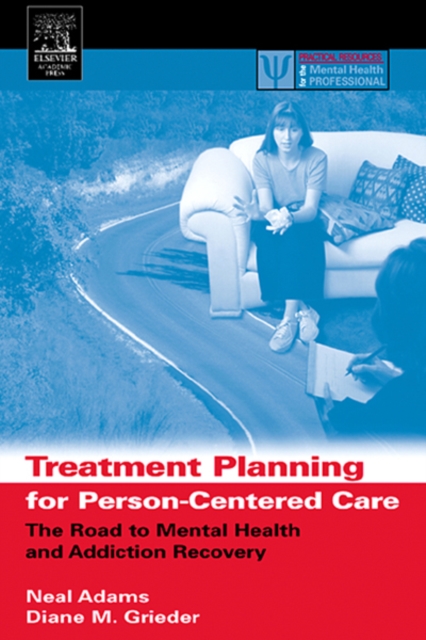
Treatment Planning for Person-Centered Care : The Road to Mental Health and Addiction Recovery PDF
by Neal Adams, Diane M. Grieder
Part of the ISSN series
Description
Requirements for treatment planning in the mental health and addictions fields are long standing and embedded in the treatment system. However, most clinicians find it a challenge to develop an effective, person-centered treatment plan. Such a plan is required for reimbursement, regulatory, accreditation and managed care purposes. Without a thoughtful assessment and well-written plan, programs and private clinicians are subject to financial penalties, poor licensing/accreditation reviews, less than stellar audits, etc. In addition, research is beginning to demonstrate that a well-developed person-centered care plan can lead to better outcomes for persons served.
* Enhance the reader's understanding of the value and role of treatment planning in responding to the needs of adults, children and families with mental health and substance abuse treatment needs
* Build the skills necessary to provide quality, person-centered, culturally competent and recovery / resiliency-orientated care in a changing service delivery system
* Provide readers with sample documents, examples of how to write a plan, etc.
* Provide a text and educational tool for course work and training as well as a reference for established practioners
* Assist mental health and addictive disorders providers / programs in meeting external requirements, improve the quality of services and outcomes, and maintain optimum reimbursement
Information
-
Download - Immediately Available
- Format:PDF
- Pages:320 pages
- Publisher:Elsevier Science
- Publication Date:03/12/2004
- Category:
- ISBN:9780080521572
Information
-
Download - Immediately Available
- Format:PDF
- Pages:320 pages
- Publisher:Elsevier Science
- Publication Date:03/12/2004
- Category:
- ISBN:9780080521572










